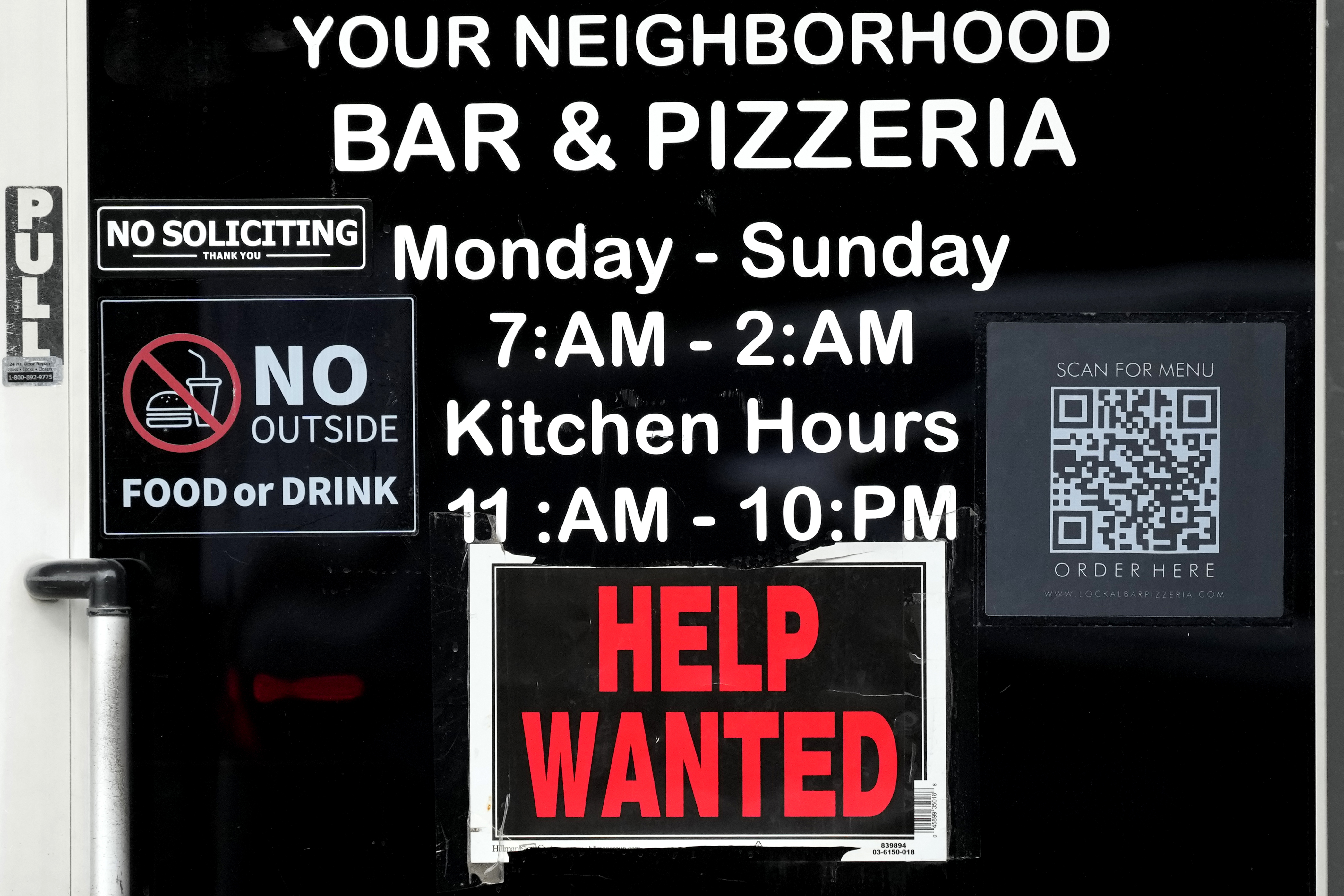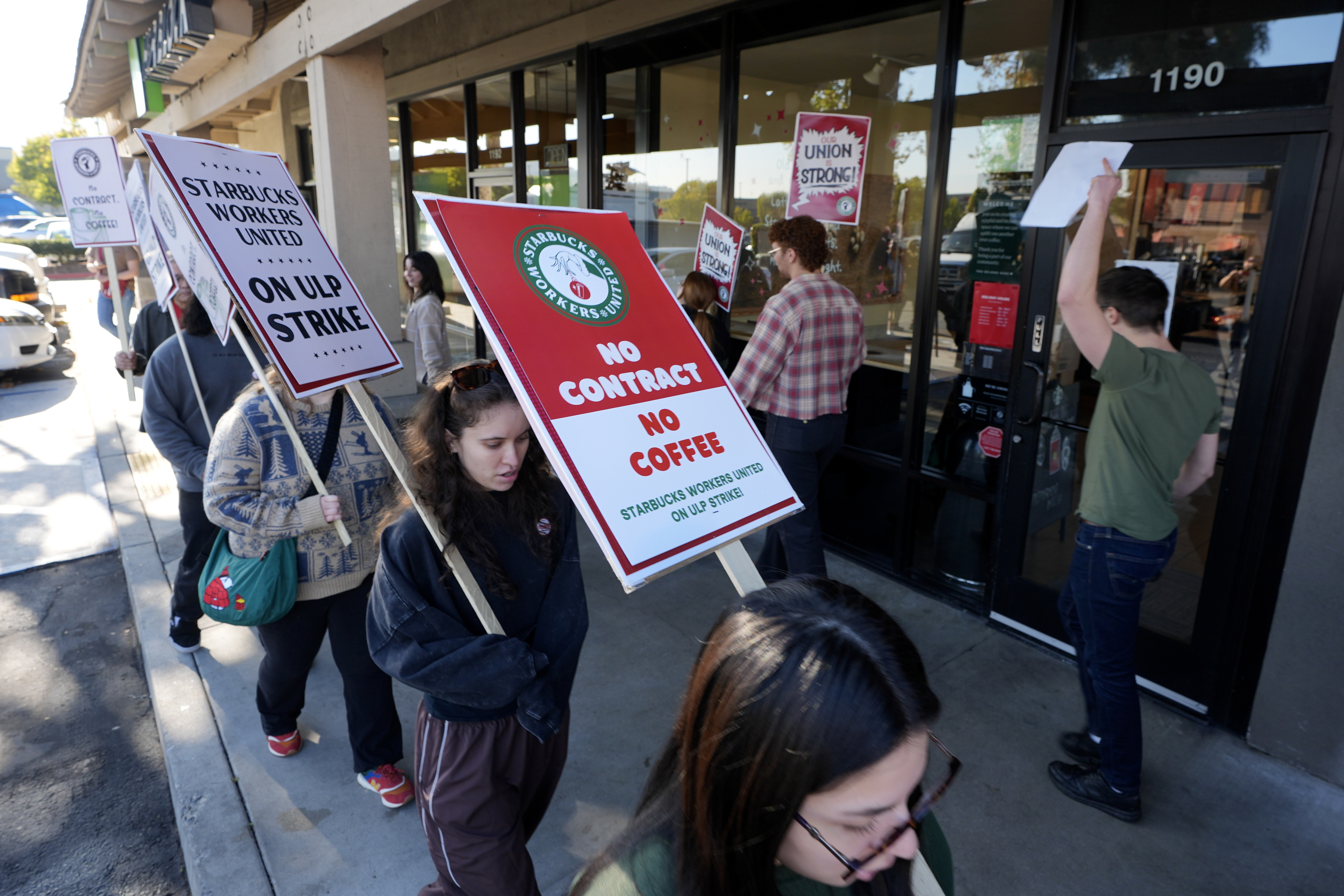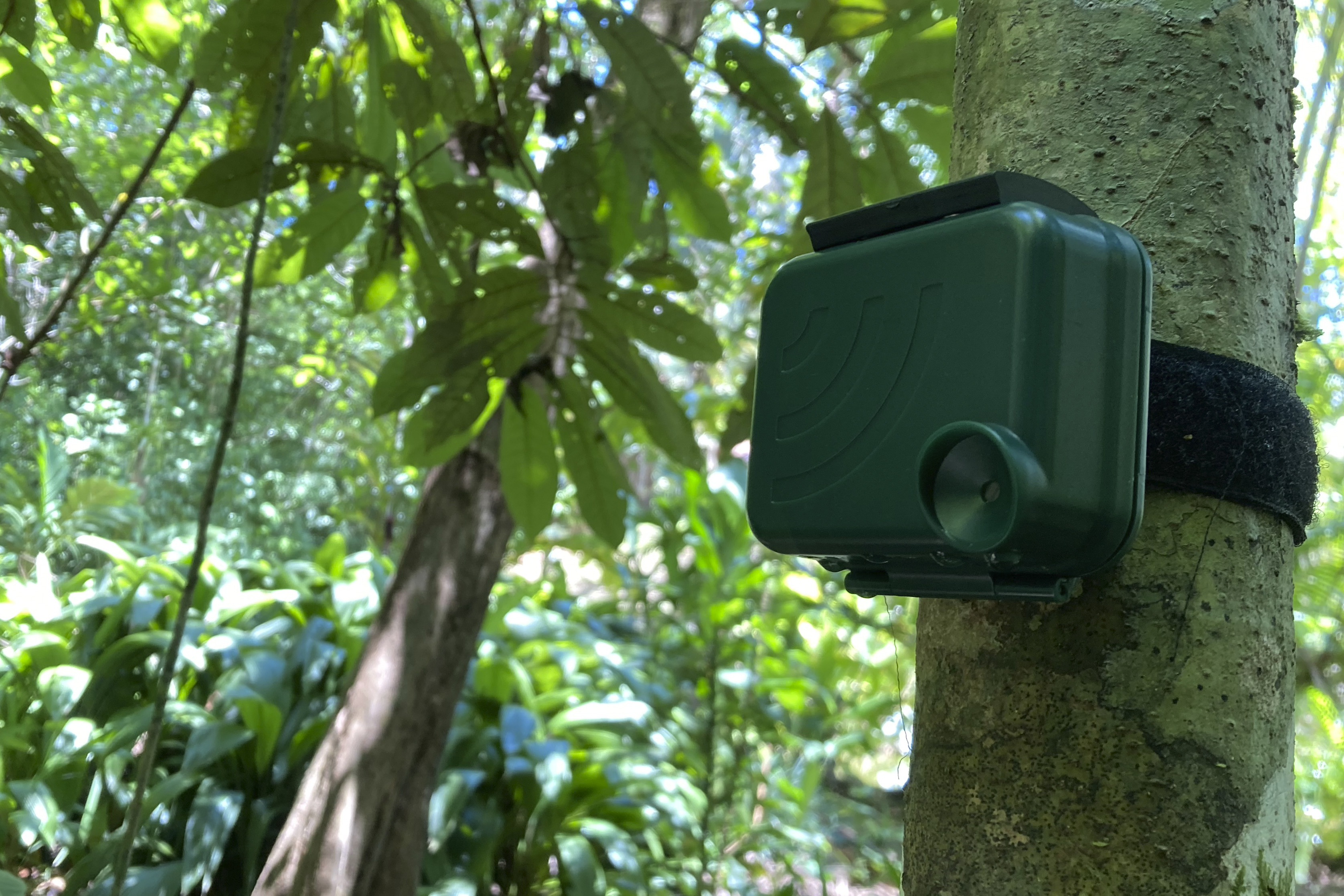(ABC4) The Better Business Bureau has been receiving numerous reports about shipping tricks that scammers use to steal from online shoppers. The con artists are exploiting PayPal’s policies by delivering incorrect items and using stolen tracking numbers.
Here’s how it works:
You are shopping online and find an amazing deal, often brand name goods at a significant discount. The items are usually large – such as pieces of furniture or a vacuum cleaner. The website and the products look legitimate, so you decide to make a purchase.
The site directs you to pay through PayPal, which leads you to believe it’s safe. After checkout, you get a confirmation email that contains a tracking number from UPS, FedEx, or another shipping service. But when the package arrives, it’s not what you expected. For example, one shopper ordered a six foot artificial Christmas tree, but instead received a bottle brush Christmas tree that was about six inches in size.
One shopper told BBB that they ordered “a pressured machine washer for $78” and received “a yellow shirt that’s not worth $2.” Another version of this scam may indicate that the package was “delivered” but to the wrong address.
If you try to correct the mistake, you’ll find that the ecommerce site is either unresponsive or unhelpful, or that the site does not provide any contact information. In some cases, the site may be gone altogether, and you will see a page that reads “This site can’t be reached.”
It may seem easy to avoid these scams, but it’s not always easy to recognize. For example, if you follow someone on social media in restock or resale that is legitimate, you may still be recommended someone illegitimate in your feed because of the “similar posts” algorithm. Once you look at different sources, it may be hard to tell the real apart from the fake.
Here are some ways to avoid scams:
- Confirm the site has real contact information. Make sure the seller has a working phone number and address and get in contact with them before making your purchase.
- If the price seems too good to be true, it probably is. Be wary of items selling much lower than what’s being sold elsewhere.
- Reviews are not always a good way of vetting – scammers will have people write fake reviews to give the illusion that they are a legitimate source.
- Lastly, if you do get scammed, make sure you act quickly in filing a dispute. Paypal, as well as many credit cards, have time limits for disputes. Scammers are aware of this and will try to delay the process just long enough so that you miss the window to be reimbursed.
As the holidays approach, scammers will be more active than any other time of year. So protect your money and remember these tools when you go to purchase.
Scams may be reported at BBB.org/ScamTracker. By filing a report, you can help others from falling victim to the same scams.















































